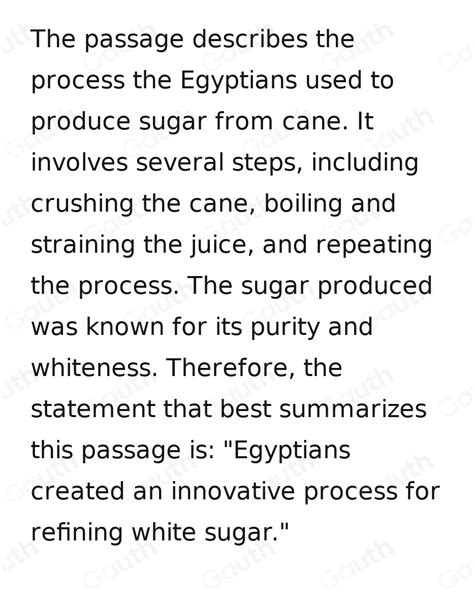Sugar: A Sweetener with a Bitter Legacy

Sugar, a simple carbohydrate derived from sugarcane and sugar beets, has played a pivotal role in shaping human history. From its origins in ancient civilizations to its widespread consumption today, sugar has transformed global economies, fueled political conflicts, and profoundly impacted human health and society.
Sugar’s Early History and Global Trade
Sugarcane cultivation emerged in Papua New Guinea around 8,000 BCE, with sugar production eventually spreading to India, Persia, and China. During the Middle Ages, Arab traders brought sugar to Europe, where it became a prized commodity. In the 15th century, European explorers established sugar plantations in the Americas, leading to a dramatic increase in sugar production and consumption.
By the 17th century, sugar had become a staple ingredient in European cuisine and a major source of revenue for colonial powers. The transatlantic slave trade was fueled in part by the demand for labor on sugar plantations, resulting in the forced migration of millions of Africans.
Sugar’s Economic Impact
Sugar played a central role in the development of capitalism and the global economy. The sugar trade generated enormous profits for merchants and planters, leading to the rise of wealthy elites and fueling the growth of cities and industries.
According to the International Sugar Organization, the global sugar market is currently worth over $100 billion annually, with Brazil, India, and Thailand as the leading producers. Sugar production and trade continue to be impacted by factors such as subsidies, tariffs, and climate change.
Sugar’s Impact on Health
Excessive sugar consumption has been linked to a wide range of health problems, including obesity, heart disease, diabetes, and tooth decay. According to the World Health Organization (WHO), adults should limit their daily intake of added sugars to less than 10% of total calories, while children should consume even less.
Despite these guidelines, sugar remains widely consumed in processed foods, beverages, and desserts. As a result, obesity and related diseases are on the rise worldwide, posing significant health and economic challenges.
Sugar’s Environmental Impact
Sugar production has also had a negative impact on the environment. The expansion of sugarcane plantations has contributed to deforestation, soil erosion, and water pollution. Additionally, the use of fertilizers and pesticides in sugar cultivation can harm biodiversity and human health.
Strategies for Reducing Sugar Consumption
Recognizing the detrimental effects of excessive sugar intake, governments and health organizations are implementing strategies to reduce consumption. These include:
- Taxation on sugary drinks
- Promotion of healthy eating habits
- Regulation of food labeling
- Development of alternative sweeteners
Innovative Applications of Sugar
Beyond its traditional uses, sugar has also been explored for innovative applications in various industries, including:
- Renewable energy: Sugar can be fermented to produce biofuels, which can reduce reliance on fossil fuels.
- Bioplastics: Sugar can be used to create biodegradable plastics, offering an environmentally sustainable alternative to traditional plastics.
Conclusion
Sugar has profoundly shaped the world in multiple ways, from its early use as a sweetener to its role in global trade and its impact on health and the environment. Despite its sweet taste, sugar consumption has come with significant consequences, highlighting the need for moderation and the development of innovative solutions to reduce its negative effects while harnessing its potential benefits.
Tables
| Year | Sugar Consumption (kg per capita) |
|---|---|
| 1950 | 19.2 |
| 2000 | 25.2 |
| 2019 | 28.6 |
| Country | Sugar Production (million metric tons) |
|---|---|
| Brazil | 38.5 |
| India | 34.0 |
| Thailand | 10.9 |
| Health Condition | Risk |
|---|---|
| Obesity | Increased risk |
| Heart disease | Increased risk |
| Diabetes | Increased risk |
| Tooth decay | Increased risk |
| Sugar Reduction Strategy | Description |
|---|---|
| Taxation on sugary drinks | Imposing a tax on drinks with added sugars to discourage consumption. |
| Promotion of healthy eating habits | Educating the public about the benefits of reducing sugar intake and providing healthy alternatives. |
| Regulation of food labeling | Requiring food manufacturers to clearly label the sugar content of their products. |
| Development of alternative sweeteners | Creating and promoting low-calorie or sugar-free sweeteners as healthier options. |
